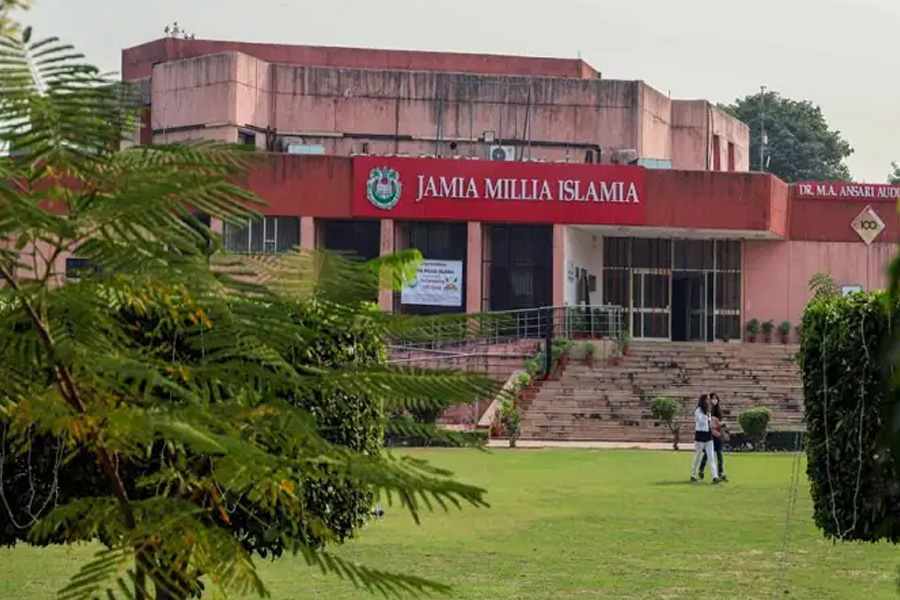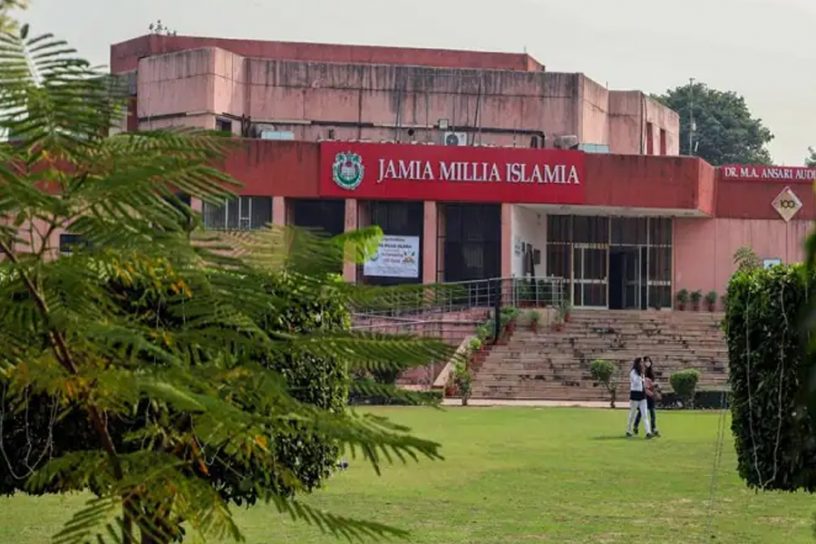
This article discusses the efforts of Jamia members to promote an inclusive conception of ‘composite India’ of which Muslims were fully part.
Author
Laurence Gautier, Jindal School of Liberal Arts & Humanities, O.P. Jindal Global University, Sonipat, Haryana.
Summary
This article explores the role of Jamia Millia Islamia—the National Muslim University—in the formation of a composite national identity in India around the time of partition. This institution, born under the dual influence of the Khilafat and Non-Cooperation movements, constituted for its members a ‘laboratory’ for the nation.
Through their educational experiments and constructive work à la Gandhi, Jamia teachers and students sought to lay the ground for an independence that would be ‘meaningful’ not only for Muslims but for the entire nation. In so doing, Jamia members claimed the right for Muslims to be recognized as ‘unhyphenated Indians’, able to speak for the nation.
This article thus discusses the efforts of Jamia members to promote an inclusive conception of ‘composite India’ of which Muslims were fully part. At the same time, it highlights the ambiguous attitude of government authorities vis-à-vis the institution. Despite Jamia members’ strong affinities with Congress leaders, notably Nehru, the school received little support from state authorities after independence.
Paradoxically, Nehru’s government preferred to turn towards another Muslim institution—Aligarh Muslim University—often considered the ‘cradle’ of ‘Muslim separatism’, in order to reach out to Muslim citizens and promote national integration. By exploring the motivations behind this paradoxical choice as well as the complex relations between Jamia and Nehru’s government, this article highlights some of Nehru’s own ambiguities towards the ‘Gandhian’ legacy as well as to Muslim representation in secular India.
Published in: Jindal School of Liberal Arts & Humanities
To read the full article, please click here.


